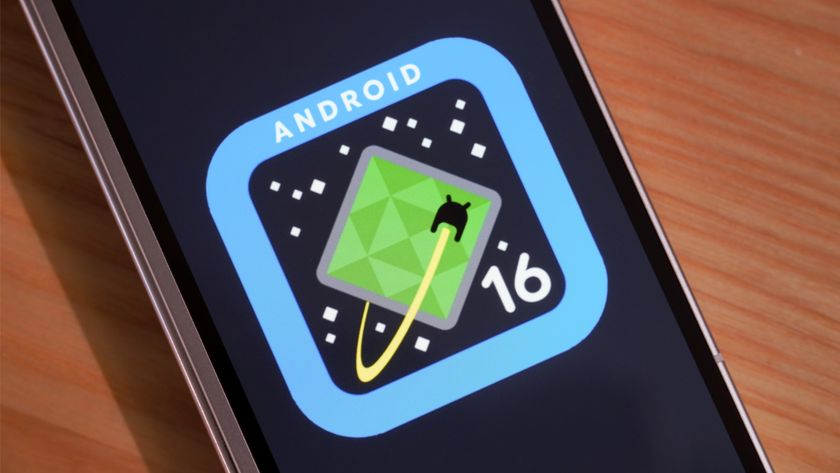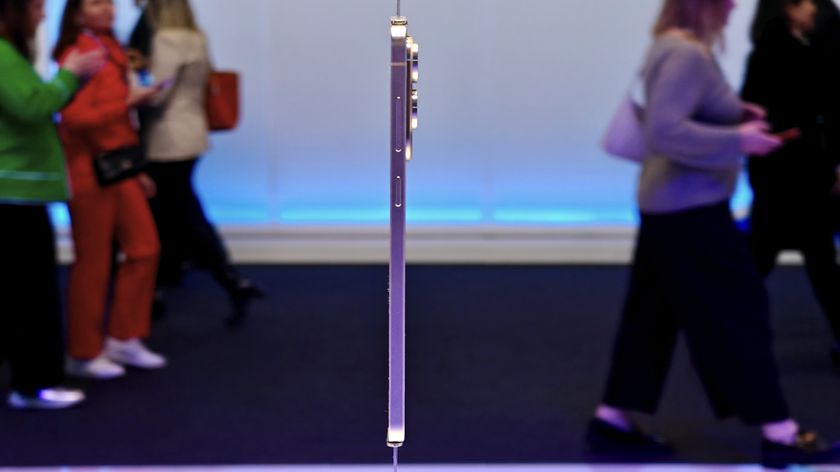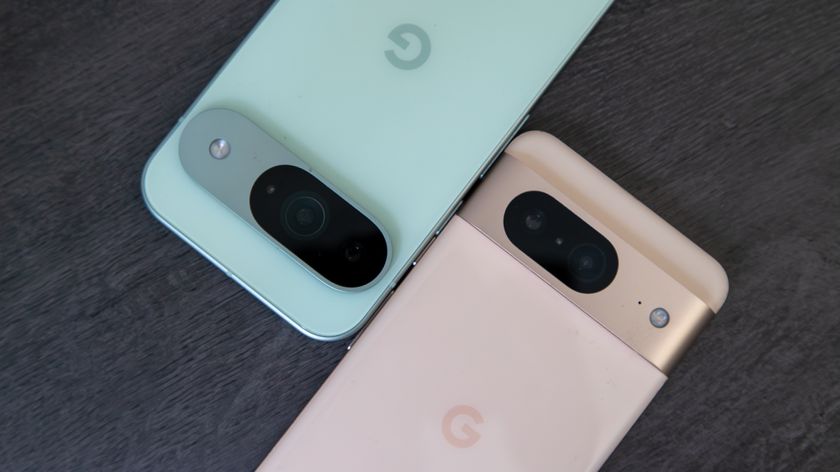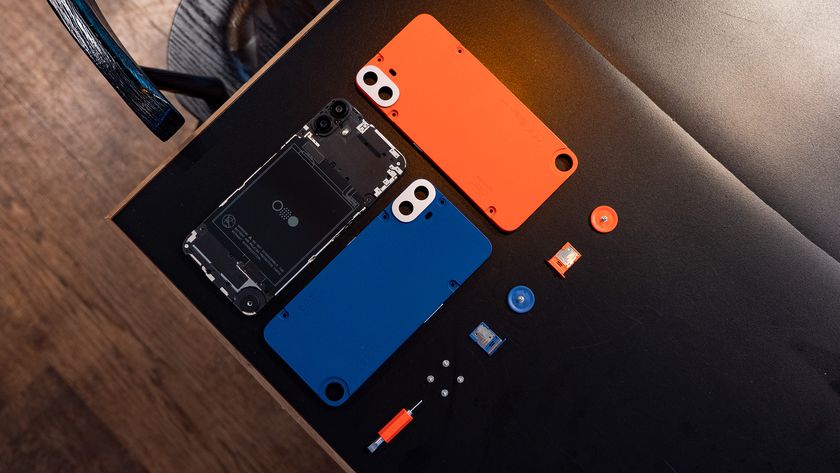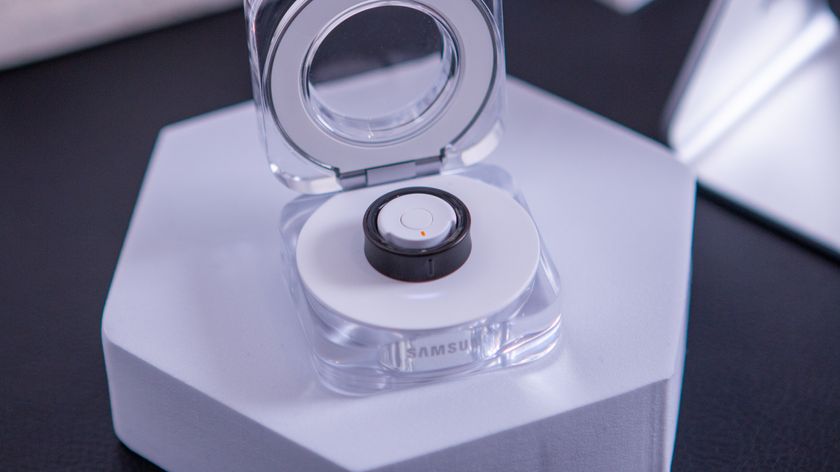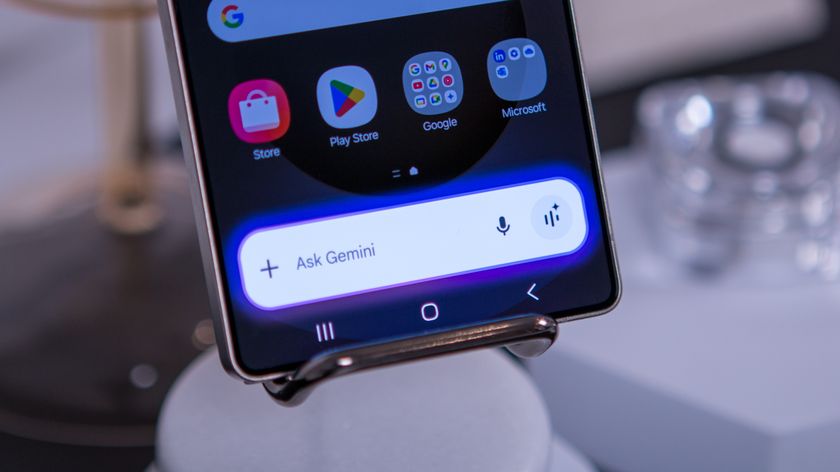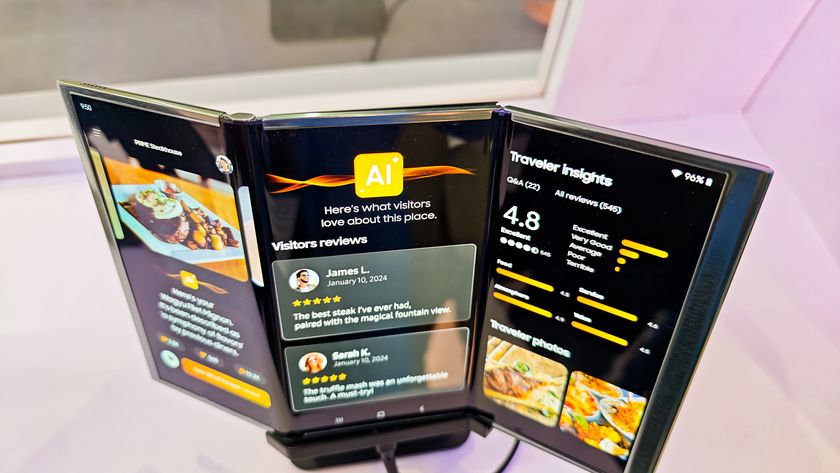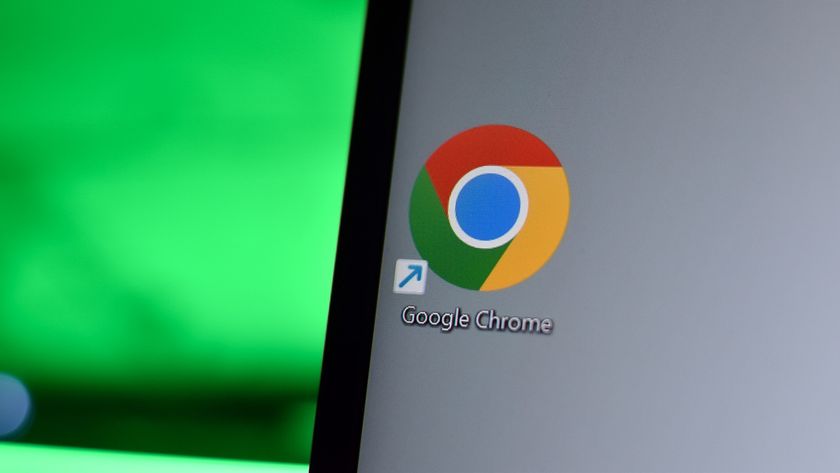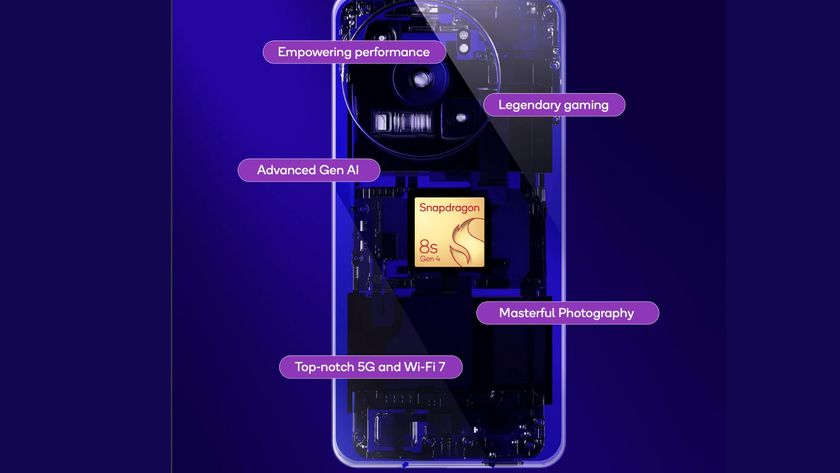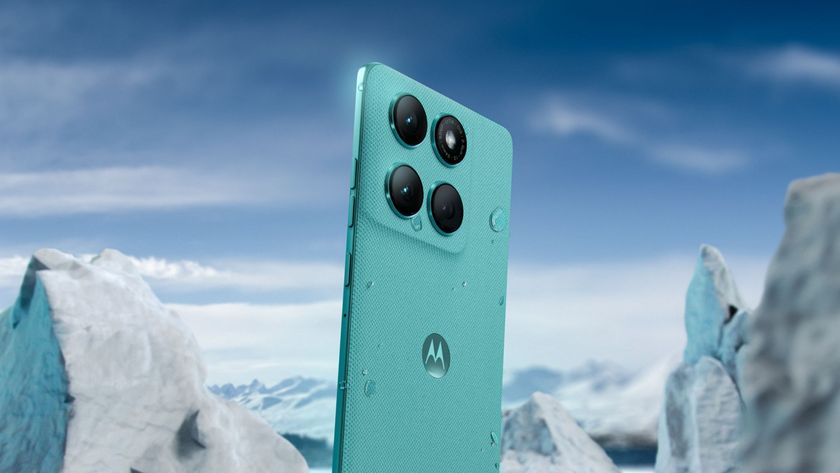When it stops being about the hardware: Google's way forward and an all-new kind of cloud
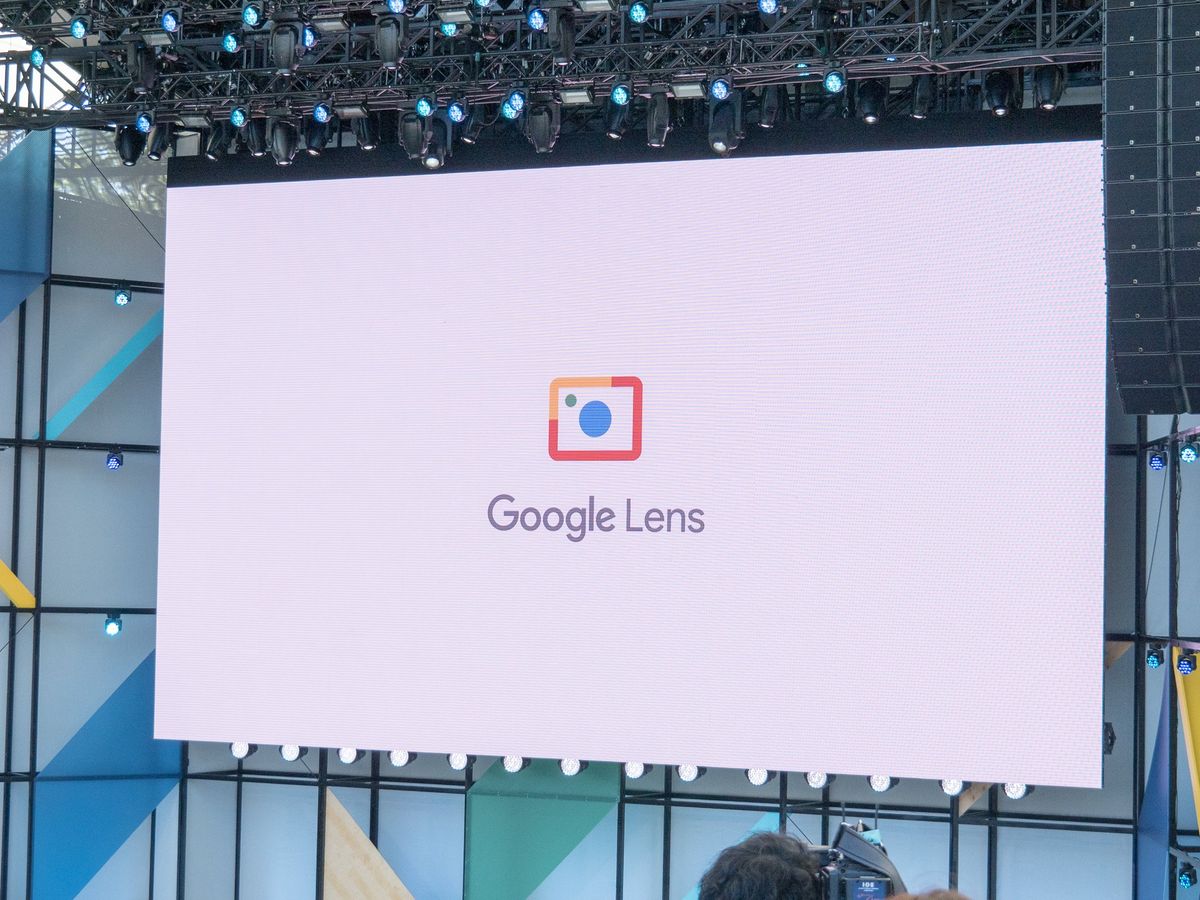
It's been noted several times and with many words that Google didn't announce any hardware at Google I/O 2017. Never mind that we actually did talk of stand-alone Daydream devices and new Android Auto partners, the internet wants to hear about phones! All the phones!
Google started as a software services company and things have come full circle.
What we did hear tells us that to Google, phones no longer matter. Google is moving forward in ways that it only needs hardware, and not necessarily Android-based hardware, to use its services. This is exactly how it started all those years ago.
Google I/O has always been a developer conference, not a product announcement or a swap meet. Google will still offer a phone or two later this year, but the Pixel phones are built to showcase the services the company wants you to use and make sure they work properly without any third-party shenanigans. If we can believe the collective power of the internet rumor (and we should in this case), HTC is slated to build the Pixel hardware for at least one more year. But nobody presenting any sessions at Google I/O this past week is concerned about that. This was a developer conference.
Whether the best from Apple or Android Go, a phone is the window to Google's new world.
We'll still see big hardware announcements from the companies whose products make use of Google's services: Samsung and Apple. They are manufacturers of some darn nice pieces of gear, and two companies in direct competition because they both do the same thing: hardware, software and services. But, primarily, they make the hardware we love.
Google, though, like Microsoft, is not a hardware manufacturer. It has never been, despite the existence of Chromecasts, Google Homes and Microsoft's Surface tablets. It provides internet and cloud based services, and make them do things we love so we all keep using them. Much like we saw from Microsoft earlier this past month, it's now all about what can happen on any screen. And Google thinks it knows how to capture your attention and keep it: by building better services using artificial intelligence.
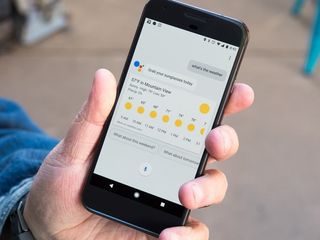
We've spent the past few days making and hearing the Skynet jokes about Google's new injection of AI into all the things. While the future can get very interesting when a company who knows everything about you also has machines that can problem-solve, right now AI is how Google is making the things they offer to us compelling to use. AI makes Assistant better, as well as Google Photos and Android and everything else.
Because Google understands how collaboration can make things better, it is also a big proponent of open source AI software and hardware with TensorFlow. This is working, and TensorFlow is the platform of choice for projects both large and small. This, in turn, makes Google's AI stronger and better.
Be an expert in 5 minutes
Get the latest news from Android Central, your trusted companion in the world of Android
Google's new circle of life: AI makes better services, We use better services and give them more data, AI uses the data to make the services even better. Everyone wins.
When machine learning can be used to improve an existing thing, we use it because it's better. That gives more data to the machine and it learns even more. This is a cyclical action where every party involved is winning. We get a better service. Google gets more users. Machines get more data.
All this needs a device to access it. Google has spent years involved in the hardware side, through reference devices like the Nexus program, or operating system software, or leading the charge with phones and tablets and TV boxes in some other way. It doesn't need to do this anymore because the device no longer matters for Google. The companies that specialize in making them will lead that charge, and in the end, they will all use Google's services anyway.

Jerry is an amateur woodworker and struggling shade tree mechanic. There's nothing he can't take apart, but many things he can't reassemble. You'll find him writing and speaking his loud opinion on Android Central and occasionally on Threads.
